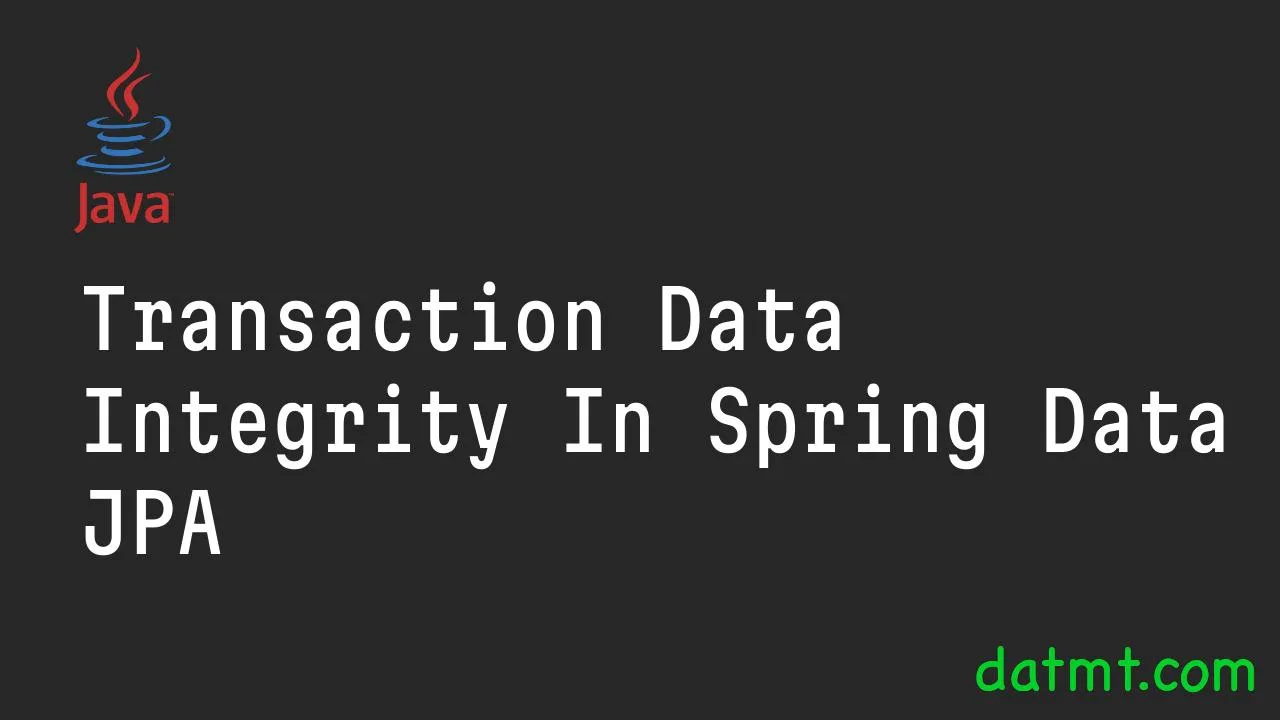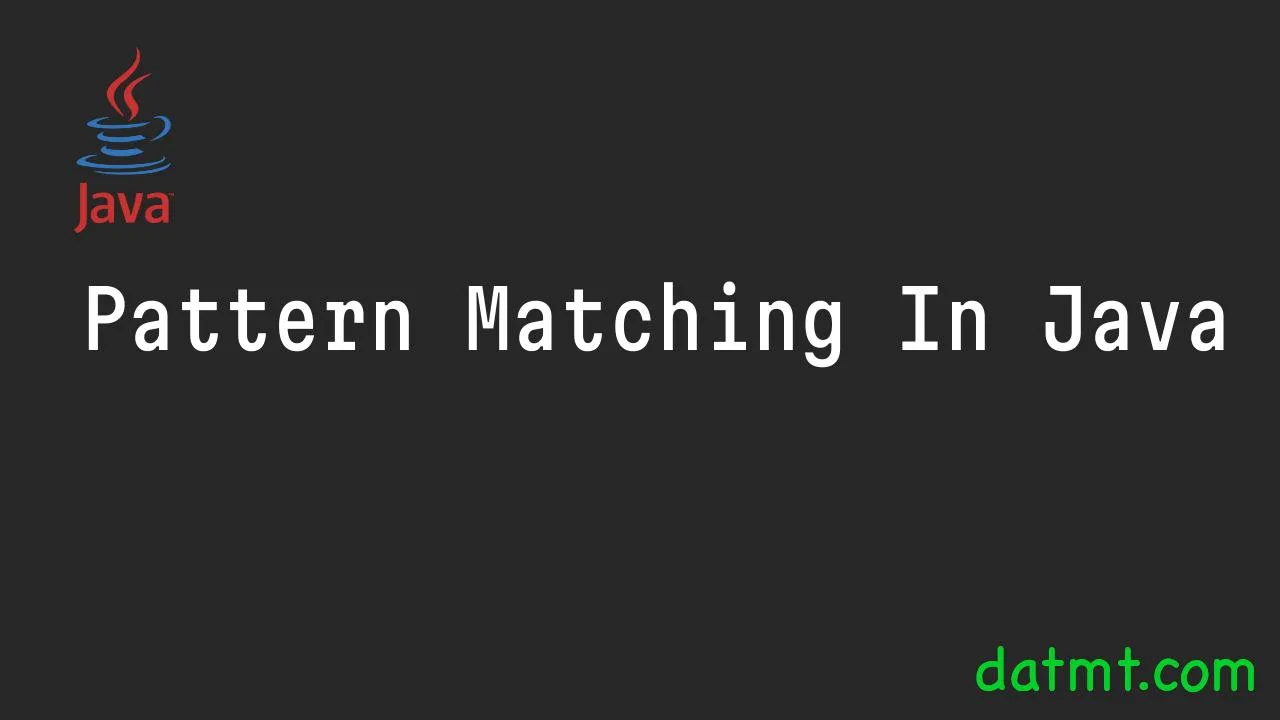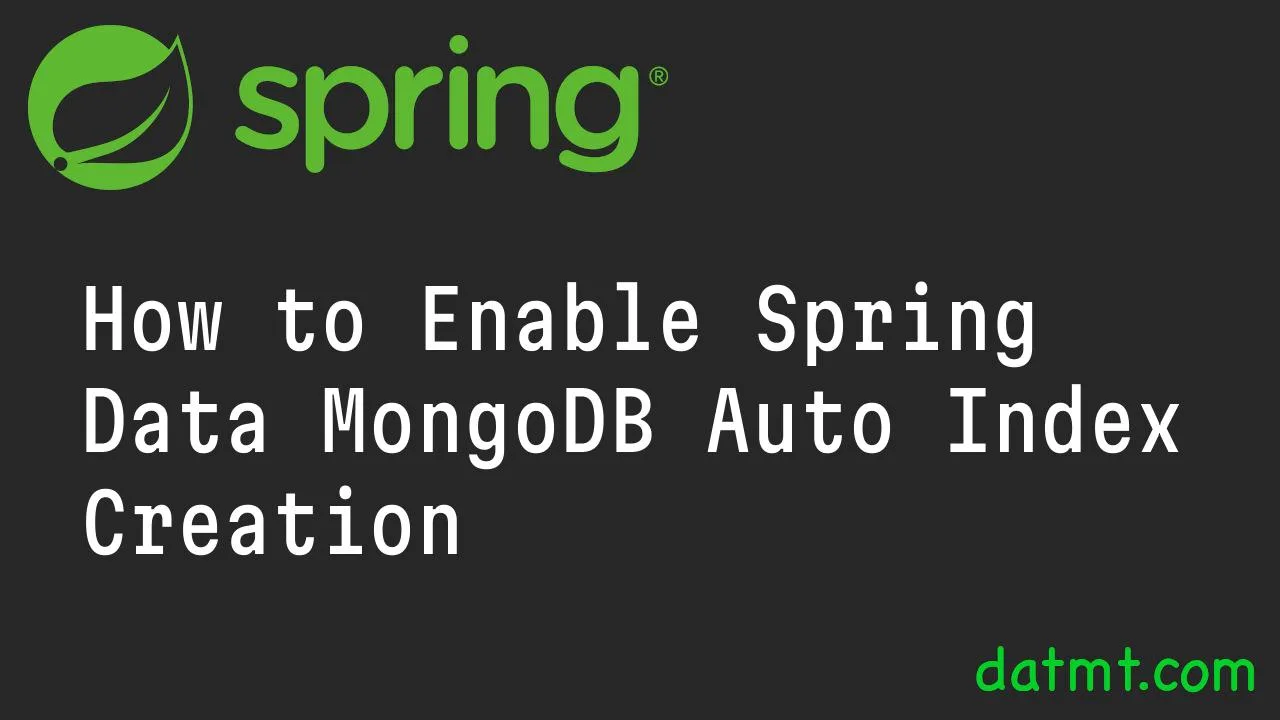Building a Distributed Online Store with Spring Boot, RabbitMQ, and OpenTelemetry
In this post, we’ll walk through the architecture and implementation of a simple microservices-based online store built with: Microservices Architecture Our online store is made up of the following services: Service Responsibility catalog-service Manages products (name, price) order-service Handles orders, triggers workflow events inventory-service Reserves stock when an order is placed payment-service Simulates payment processing … Read more





